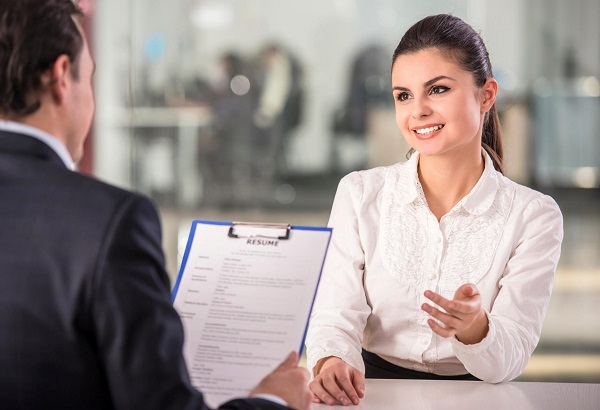Mistakes to avoid during a USA visa interview.

Every REJECTED visa has a REAL REASON for being denied. You must understand what you should and shouldn’t do during a visa interview. Not everyone understands the significance of meeting with diplomatic officials directly during a visa interview. The majority of visa applicants devote time and effort to gathering their visa application paperwork. As a result, they frequently fail to give the visa interview the importance it deserves.
So, here’s the situation: You have a good probability of having an impact on your visa application. It’s also crucial to make a strong first impression and present yourself correctly during the scheduled visa interview! (However, don’t overlook the significance of the visa application materials! )
Officials from the country’s embassy or consulate, where you apply for a visa, will want you to display particular interview skills and performances that set you apart from other applicants.As a visa applicant, you must therefore recognize the frequent snappish aspects that may jeopardize your visa interview. Only then will you be able to conduct a successful visa interview while avoiding getting caught in strange scenarios like visa denial.
As a result, we’ll go over the most typical grounds for Schengen visa refusal together. We’ll also provide you advice on how to avoid making mistakes that cause the diplomatic office to stamp your passport with a Schengen visa denial stamp.
You may have heard that obtaining a visa for the United States is one of the most difficult processes on the planet! The visa interview is the most difficult element of the procedure.
- On the day of your interview, do not arrive too early. It’s sufficient to arrive 15 minutes before your booked appointment. Also, if you are more than 30 minutes late, you will not be permitted to attend the interview.
- Carry no bags, purses, luggage, cell phones, or other electronic devices, liquids, food, sharp objects, weapons, or bottles. You will not be allowed to enter the US Consulate carrying any of the above-mentioned products. Only bring your passport and visa-related paperwork to the Consulate.
- Do not bring any friends or family members with you to the US Consulate. They will not be allowed to enter the Consulate. Inside the Consulate, only applicants and, in the case of minors, their parents are authorized.
- Clear the security check when you arrive at the US Consulate. Pushing sealed envelopes or folders through the counter glass is not a good idea. Only put your passport and visa paperwork in the window at the counter. You’ll be issued a token number; only enter the interview booth after your name and token number are stated.
- For your visa interview, dress appropriately; do not wear filthy or unironed clothing. Dress professionally, ideally in formals.
- Do not be alarmed. Even if you don’t understand the question, kindly request that the Consular Officer repeat it.
- If you’re traveling for tourism, be sure you’re familiar with all of the areas you’ll be seeing. You must persuade the Consular Officer that you are qualified for the visa category for which you are requesting. Don’t be nervous; keep a confident demeanor.
- Never present a Consular Officer with falsified or phony documents. You’ll lose your ability to apply for a visa in the United States for the rest of your life.
- Do not withhold any information from the Consular Officer; instead, answer the questions honestly.
- Do not force supporting documents in front of the Consular Officer; only present them when the Consular Officer specifically requests them.
- Don’t be obnoxious with the Consular Officer. Maintain your composure at all times.
- Fees should only be paid to the cashier within the Consulate.
- Finally, if the result does not go in your favor and your visa is denied, do not criticize the decision. If you engage in any inappropriate behavior, the Consular Officer will note it and put notes in your file, which will be visible to the next officer and will have a negative influence on your future visa applications.
- Do not force supporting documents in front of the Consular Officer; only present them when the Consular Officer specifically requests them.

